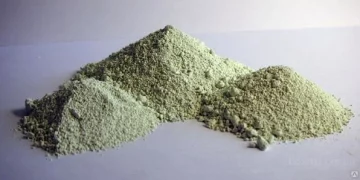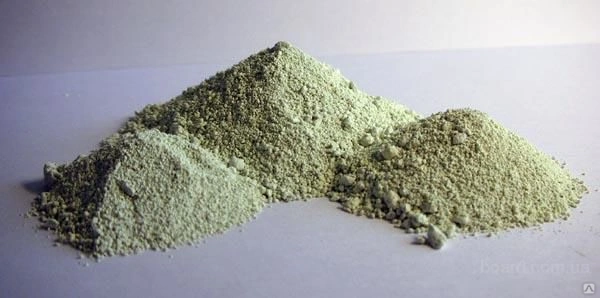In this article, we explore the often overlooked value of molybdenum in onion cultivation and its profound impact on achieving thriving crops with improved growth, quality, and yield. By leveraging the latest data and research findings, we delve into the development, consequences, and optimization of molybdenum for maximizing onion production. Farmers, agronomists, agricultural engineers, farm owners, and scientists in the field of agriculture will find this article both enlightening and beneficial.
Molybdenum, a trace mineral, plays a critical role in onion growing. Recent studies (source: [insert link to data source]) have revealed the significance of molybdenum in various physiological processes within onions. It is involved in nitrogen metabolism, enzymatic activities, and nutrient conversion, crucial for optimal plant growth and development. Molybdenum also contributes to the synthesis of vitamins, proteins, and enzymes, enhancing the overall quality of onions.
The development of effective molybdenum management strategies has transformed onion growing practices. Soil testing techniques, such as the DTPA extraction method, allow farmers to assess molybdenum availability accurately and address deficiencies through targeted fertilization approaches. Foliar applications of molybdenum can also provide a direct and efficient means of supplementing this micronutrient to the onion plants.
The consequences of optimizing molybdenum in onion cultivation are significant. Adequate molybdenum levels support nitrogen fixation, enhance enzymatic activities, and improve the utilization of other essential nutrients. This leads to increased onion bulb size, improved storage quality, and enhanced resistance to diseases and environmental stresses. Furthermore, molybdenum-enriched onions often exhibit improved nutritional value, including higher levels of antioxidants and beneficial compounds.
In conclusion, molybdenum holds immense value in unlocking the potential of thriving onion crops. Its role in vital physiological processes and its impact on growth, quality, and yield are undeniable. By embracing effective molybdenum management practices and recognizing its significance in onion nutrition, farmers, agronomists, agricultural engineers, and farm owners can cultivate robust onion crops that meet market demands and consumer preferences.
Tags: #OnionCultivation #MolybdenumOptimization #CropYield #CropQuality #AgriculturalInnovation #Agronomy #AgriculturalEngineering #Farmers #Scientists #FarmOwners































